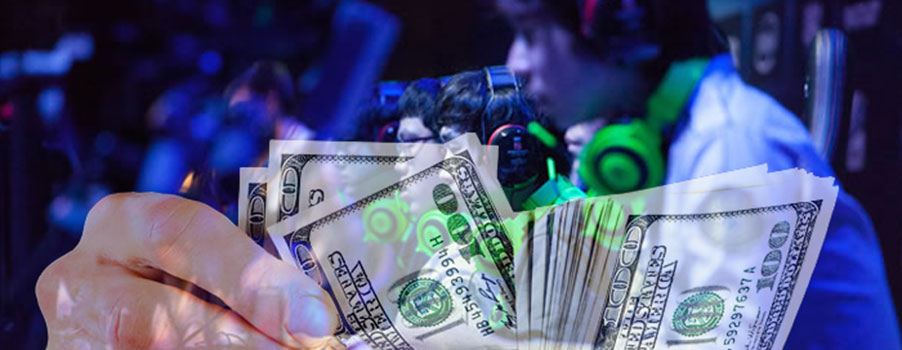Esports just like any other sports is unanimous with betting and as always, where there is gambling money, vices are not far behind. Putting into consideration the approximately 380 million people who will watch Esports games and tournaments this year, it is very likely that Esports fixers are already looking devising ways to get the best out of what is now the fastest growing sports in the world.
According to iNews, Esports bets will inevitably go over the $45 billion mark this year, a sum that is bound to attract the attention of fixers. Already, a number of Esports players and fixers have already, been banned and, in some cases, even imprisoned for cases of match-fixing. Similarly, last year, the Esports Integrity Coalition is reported to have received 39 suspicious betting reports with at least 13 of them being genuine fixes.
Apparently, no game is harder to detect fixing in than Esports since it is a product of geography, technology as well as its relative newness. About 15 percent of traditional sports betting in the world is fully legal and this makes it rather easy for anti-fraud and anti-fixing bodies to trace and follow betting patterns in order to identify game fixing. On the other hand, only 4 percent of Esports betting in the world is fully legal.
According to Ian Smith, the head of the Esports Integrity Coalition, the low numbers are partially due to the fact that Esports is most popular in East Asian countries like South Korea and China, where, as it turns out, traditional sports betting is illegal. Even in the United States where Esports has been going nowhere but up, 99 percent of Esports betting is illegal, even though with the recent Supreme Court ruling that revoked a federal ban on sports betting. Still, all these factors make match-fixing in Esports very hard to detect and even when detected, just as impossible to track.
Is Regulation the Answer?
New Esports games are constantly being invented and popularizes and this makes it harder to ascertain what should and what should not be regulated. This is unlike the cases with traditional sports where there is an abundance of history and data that can be used to inform anti-fixing bodies about criminal activities of this kind.
“If you get an alert in say cricket you can be reasonably certain – 80 or 90 percent – that there is something wrong,” explained Ian Smith. “In eSports, it’s kind of the opposite – because it’s all a little bit chaotic and new and changeable, about 90 percent of alerts don’t mean anything and only 10 percent do.”
The main takeaway here is that the institutional weakness of Esports makes it particularly susceptible to match-fixing simply because we still do not have a universally accepted governing body for the activity. The formation of such a body is perhaps the only way to keep the rapidly growing Esports ecosystem from being a serious criminal enterprise.

